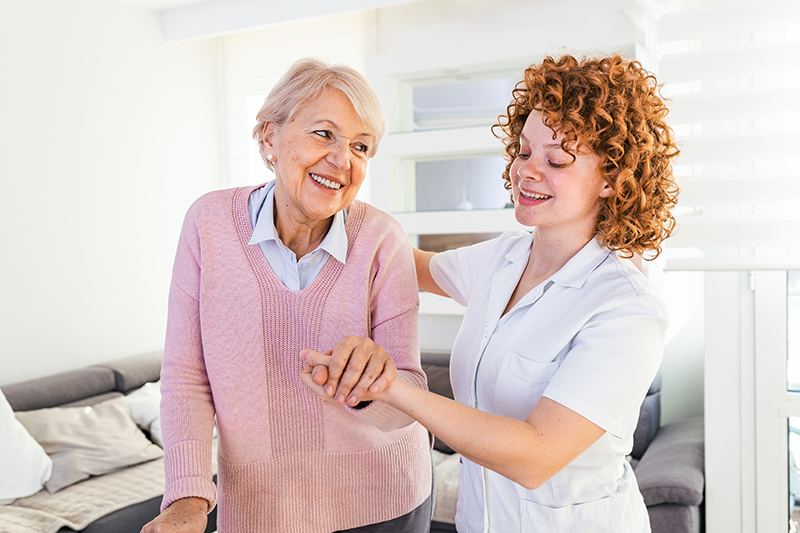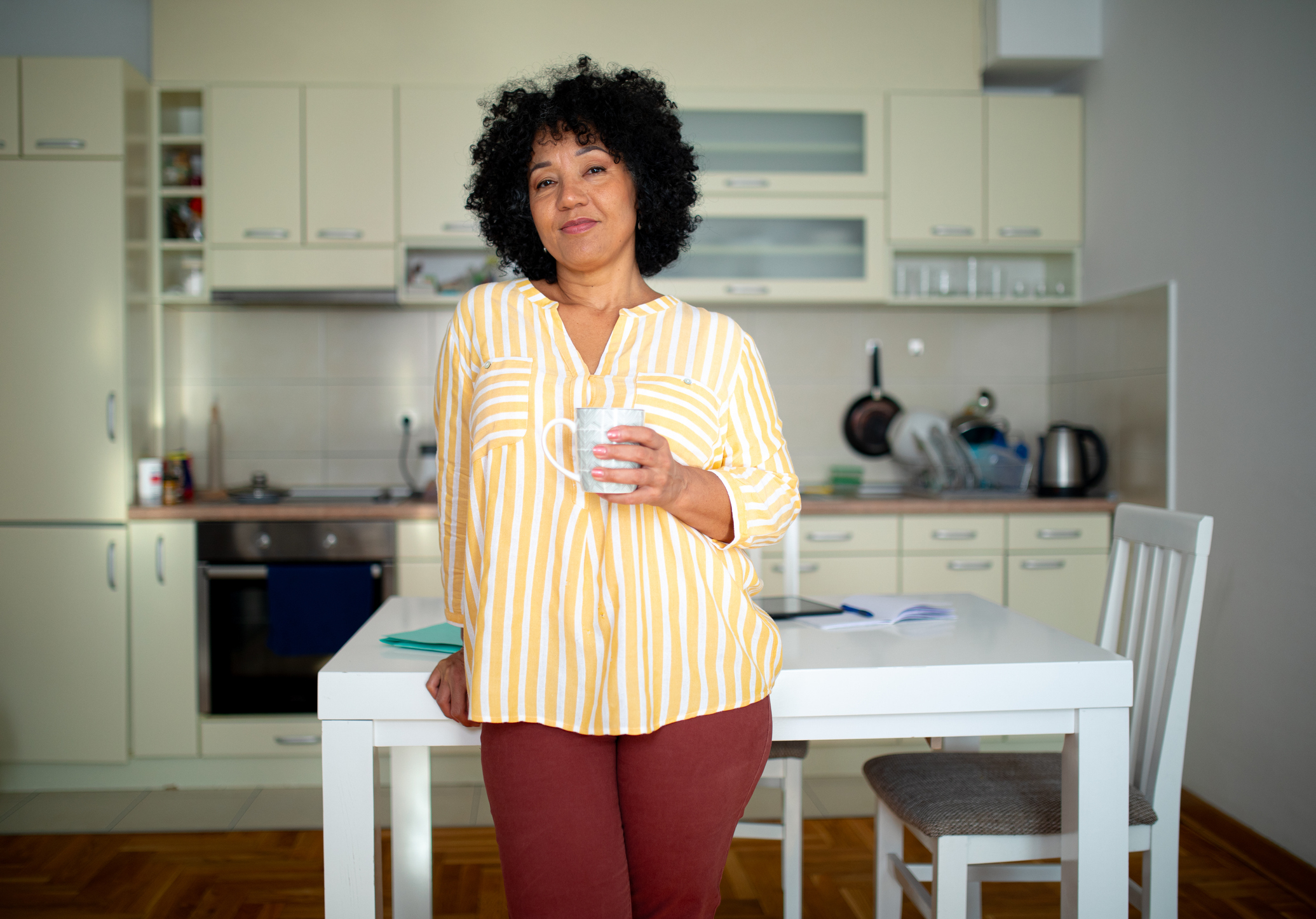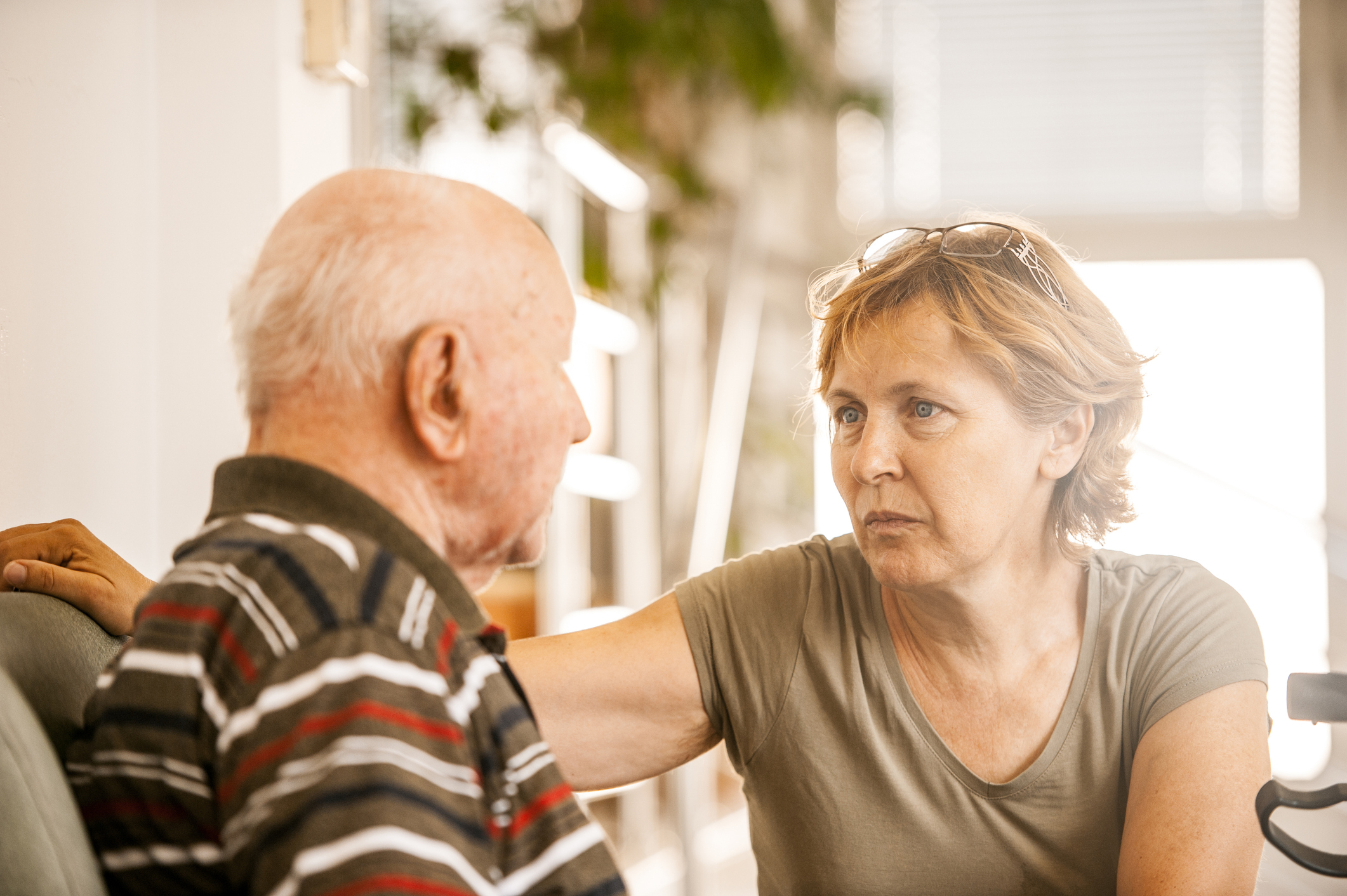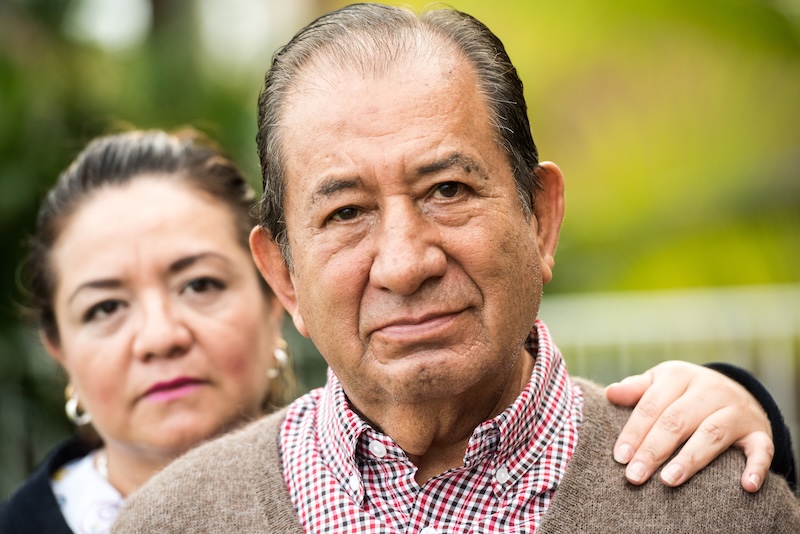This is a really important subject to explore, Mark! Adult fatalities from falls are a typical occurrence. It is not surprising that seniors feel insecure after a fall, yet, it is critical to assist them in regaining confidence and living independently. Understanding the reasons for the fall and carefully listening to their anxieties are essential steps. The next step is to act on the reasons by making the home more accessible by building ramps and removing obstructions. It will avoid future similar mishaps and help them build confidence. Finally, making them physically active is a vital step that will assist in developing their muscles.
How to Help Seniors After a Fall to Regain Confidence


Discover how to help seniors after a fall to regain the confidence they need to stay active while preventing a second fall.
While comedians and circus clowns may stir audiences to laughter over such stunts as slipping on a banana peel, there’s nothing funny about falling when it comes to seniors, who are at an elevated risk for serious injuries which could lead to a long rehabilitation process. Not just that, but there’s a lesser known complication that typically comes from a senior’s fall: a fear of falling again which is extreme enough to impact quality of life and health. Knowing how to help seniors after a fall to feel safe and secure again is crucial.
As the saying goes, “Once bitten, twice shy.” It is natural – and sensible – for a loved one who has fallen to choose to take precautions to prevent a subsequent fall. However, for some, the fear of falling impedes needed physical exercise, resulting in reduced balance confidence and weakness, both of which could actually raise the chance of falling again.
Instead, it’s very important for older adults to:
- Strengthen muscles. Ask the doctor and/or physical therapist for recommended exercises to engage in after a fall. Building strength is a key component to avoiding future falls.
- Assess the house. Walk through the older adult’s home to check for any clutter, cords, throw rugs, etc. which could cause a tripping hazard. Ensure there’s ample lighting, and install grab bars in the bathroom and anywhere else supplemental support could be beneficial.
- Talk about it. Older adults may feel embarrassed for having fallen, but it’s important to discuss what happened to be able to evaluate which precautionary measures can be taken to ensure it does not take place again.
It’s also helpful for senior loved ones to set goals, with the assistance of a medical expert, and to start to work towards accomplishing them. The goals must be reasonable and relatively easily attainable, however, to instill confidence, such as having the ability to walk up and down the stairs independently while holding the handrail over the next two weeks, or walking the entire length of the backyard within four weeks.
Once an objective has been set, figure out the steps needed to reach that goal. What types of exercises can help strengthen the muscles essential to go up and down the stairs, or to take an extended walk? And if the goal is not achieved, figure out what prevented the accomplishment, and what further steps can be taken to set and reach a new goal.
Above all, be sure to provide reassurance and support to cheer an older adult on towards regaining their self-assurance and confidence and to lessen any fear and anxiety.
For more useful information on how to help seniors after a fall, to prevent a fall, or to arrange for a complimentary in-home safety assessment, reach out to the aging care experts at Hired Hands Homecare, the top provider of Napa support services and home care throughout the surrounding area, at (866) 940-4343.








This is a really important subject to explore, Mark! Adult fatalities from falls are a typical occurrence. It is not surprising that seniors feel insecure after a fall, yet, it is critical to assist them in regaining confidence and living independently. Understanding the reasons for the fall and carefully listening to their anxieties are essential steps. The next step is to act on the reasons by making the home more accessible by building ramps and removing obstructions. It will avoid future similar mishaps and help them build confidence. Finally, making them physically active is a vital step that will assist in developing their muscles.